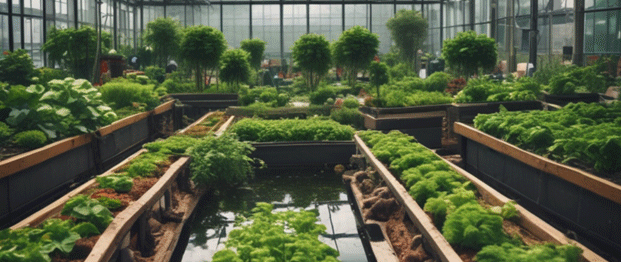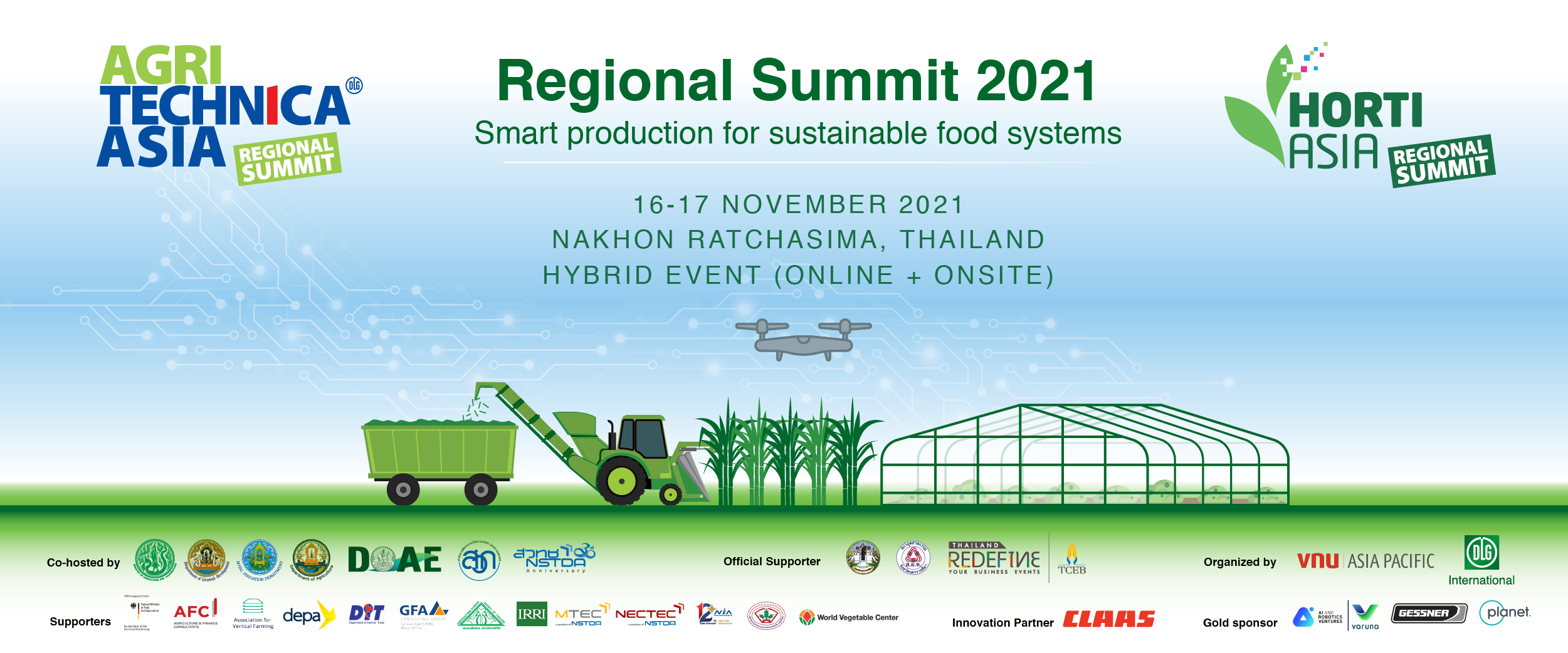Aquaponics is an integrated farming system that combines aquaculture (fish farming) with hydroponics (soil-less plant cultivation). The process works in a symbiotic cycle:
- Fish Waste: Fish excrete ammonia-rich waste, which is converted by beneficial bacteria into nitrates, a natural fertilizer for plants.
- Plant Filtration: Plants absorb these nutrients for growth, simultaneously purifying the water.
- Water Recirculation: The clean water is returned to the fish tanks, completing the cycle.
This closed-loop system minimizes resource input, particularly water and fertilizers, while maximizing productivity.
Benefits of Aquaponics in Urban Settings
Aquaponics offers numerous advantages that make it an ideal solution for urban agriculture:
- Water Efficiency: Aquaponics uses up to 90% less water compared to traditional farming methods, making it ideal for water-scarce environments.
- Space Utilization: Compact designs allow aquaponic systems to thrive in unconventional spaces such as rooftops, basements, or even balconies.
- Reduced Chemical Use: The system eliminates the need for chemical fertilizers and pesticides, promoting eco-friendly practices.
- Year-Round Production: Controlled environments allow for continuous food production, independent of seasonal constraints.
- Sustainable Protein Source: By including fish like tilapia or trout, aquaponics provides a dual yield of vegetables and protein-rich fish.
Urban Aquaponics in Practice
Aquaponics has been successfully implemented in urban centers worldwide:
- New York City: Urban farms such as Gotham Greens integrate aquaponics to supply fresh produce and fish to local businesses.
- Singapore: In this densely populated city, rooftop aquaponic systems are utilized to enhance food security.
- Amsterdam: Projects like UrbanFarmers incorporate aquaponics to transform unused buildings into productive vertical farms.
These initiatives highlight the adaptability of aquaponics in various urban contexts, contributing to local food systems and sustainability goals.
Aquaponics exemplifies a forward-thinking approach to urban agriculture, effectively addressing the challenges of space, water scarcity, and food security. By integrating fish farming and hydroponics into a single system, aquaponics maximizes resource efficiency, reduces environmental impact, and offers high yields in limited spaces. As cities continue to expand, adopting aquaponics could play a pivotal role in ensuring sustainable and resilient food production systems.










